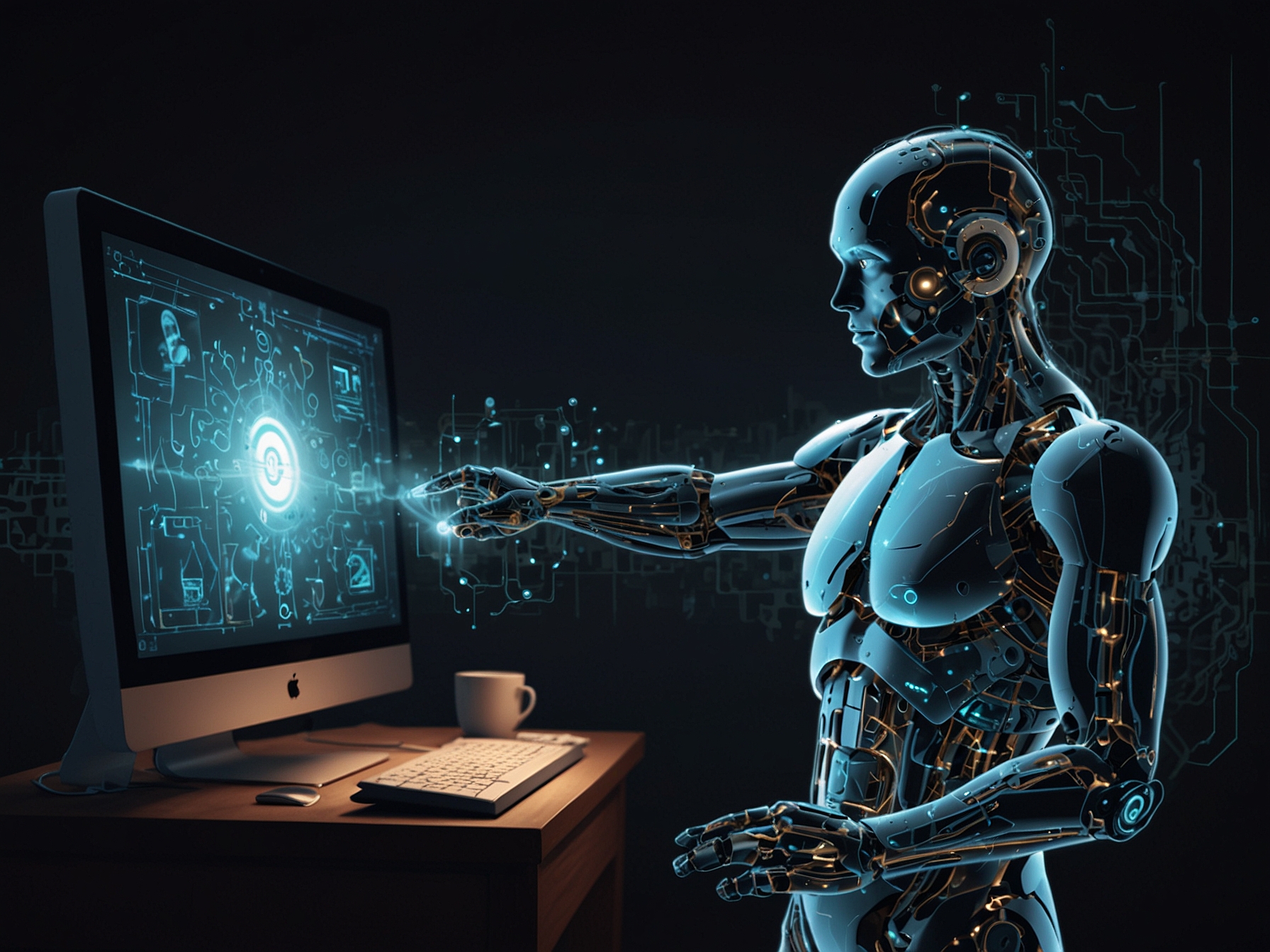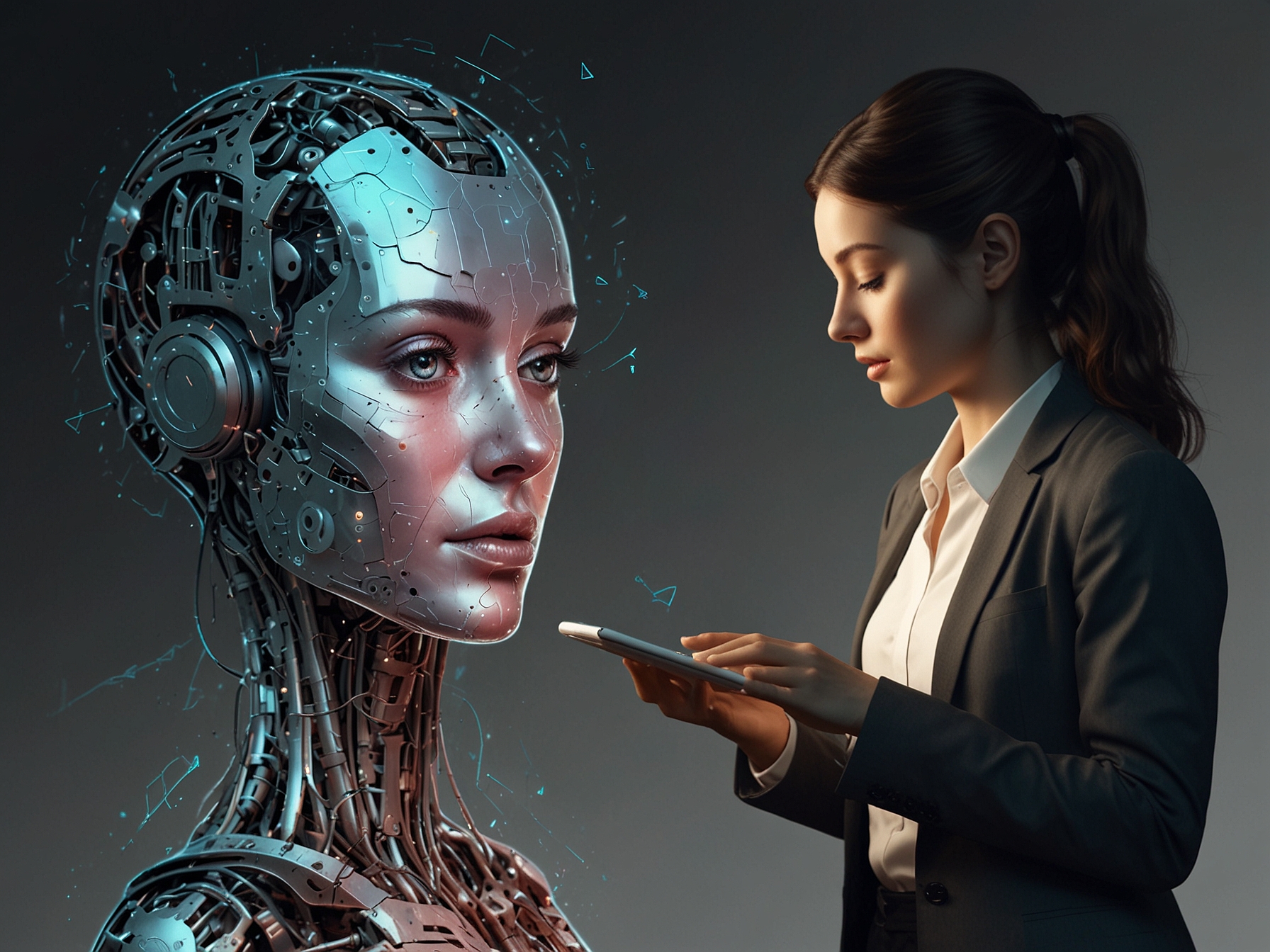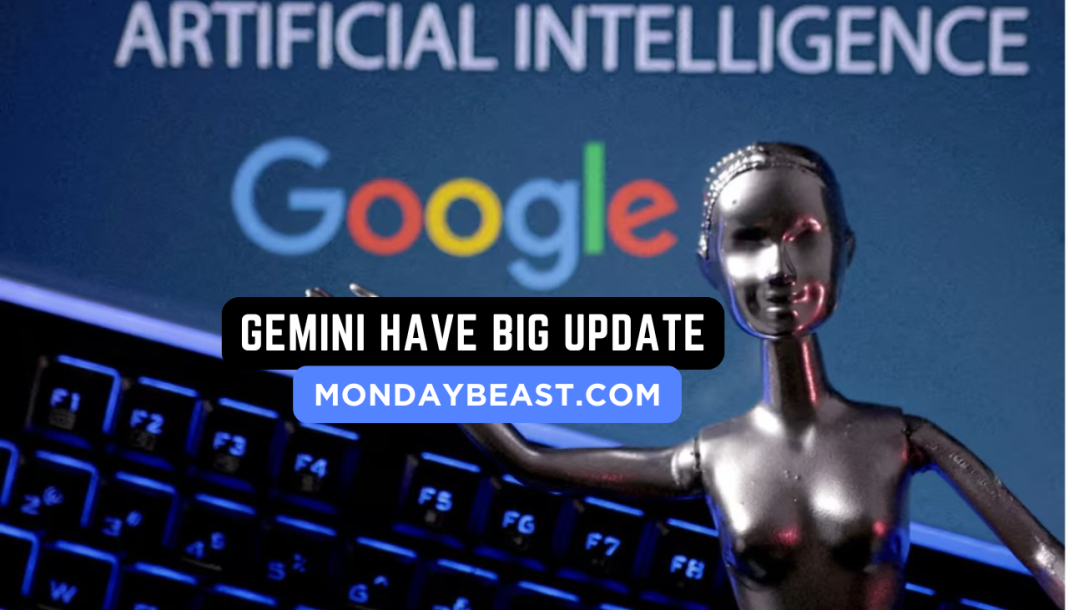In a world where technology seems to evolve daily, can we really keep up? Google aims to enhance our relationship with AI. By giving Gemini AI a memory, it may reshape how we interact with technology for good.
Ever gotten frustrated repeating your preferences to tech? Google’s new feature promises a more personal touch. Gemini learns about you, remembering your likes and dislikes. This goes beyond simple chat, allowing tailored conversations that don’t start from scratch every time.

Imagine telling Gemini about your favorite thriller novels. Later, it could suggest similar reads without you needing to recap. For those juggling multiple projects, this ability could change how you work. It positions Gemini as a true companion in our tech-driven lives.
On a different front, we have Google Keep. It’s about more than jotting down notes. Soon, it can turn rough sketches into polished pieces of art. This could transform how students, artists, or anyone with a creative spark expresses ideas.
Think about it: you scribble a concept for a drawing. The AI will refine it. A casual sketch morphs into a detailed artwork. This technology makes creativity more accessible than ever. The implications here are massive.

For art teachers, this might be a game changer. It could act as a teaching aid for various techniques. Instead of feeling daunted by a blank page, users can collaborate with AI to realize their vision.
What’s also intriguing is how the AI differentiates between drawing and writing. It interprets data accurately. So, communicating ideas becomes smoother. Anyone who values visuals in discussions can find immense utility in this development.
Though this technology is not yet fully available, early insights suggest it’s coming soon. With a little patience, we might see it transformed into something tangible. That warm excitement of getting a glimpse into the future? Yes, we all feel it.

But not all users will have access immediately. The memory function is exclusive to those subscribed to the Google One AI Premium Plan. For many, this raises questions. How accessible will these evolving tools be? Will smaller-scale artists and writers find themselves left behind?
As we reflect on these changes, we must also consider the ethical implications. Technology such as this raises questions about privacy. How much personal information is too much? Finding a balance between convenience and privacy is critical. Are users prepared for these discussions?
In closing, Google’s enhancements may bring us closer to a personalized future. Gemini’s memory and Google Keep’s art capabilities promise a more engaging experience. If these tools deliver, they could revolutionize the way we express ourselves and interact with technology. As we stand on this brink of change, will you step forward into a world where AI understands you?
In this whirlwind of innovation, what do you hope for? How will we shape our future choices? As users, are we ready to embrace the adventures these advancements may bring?




